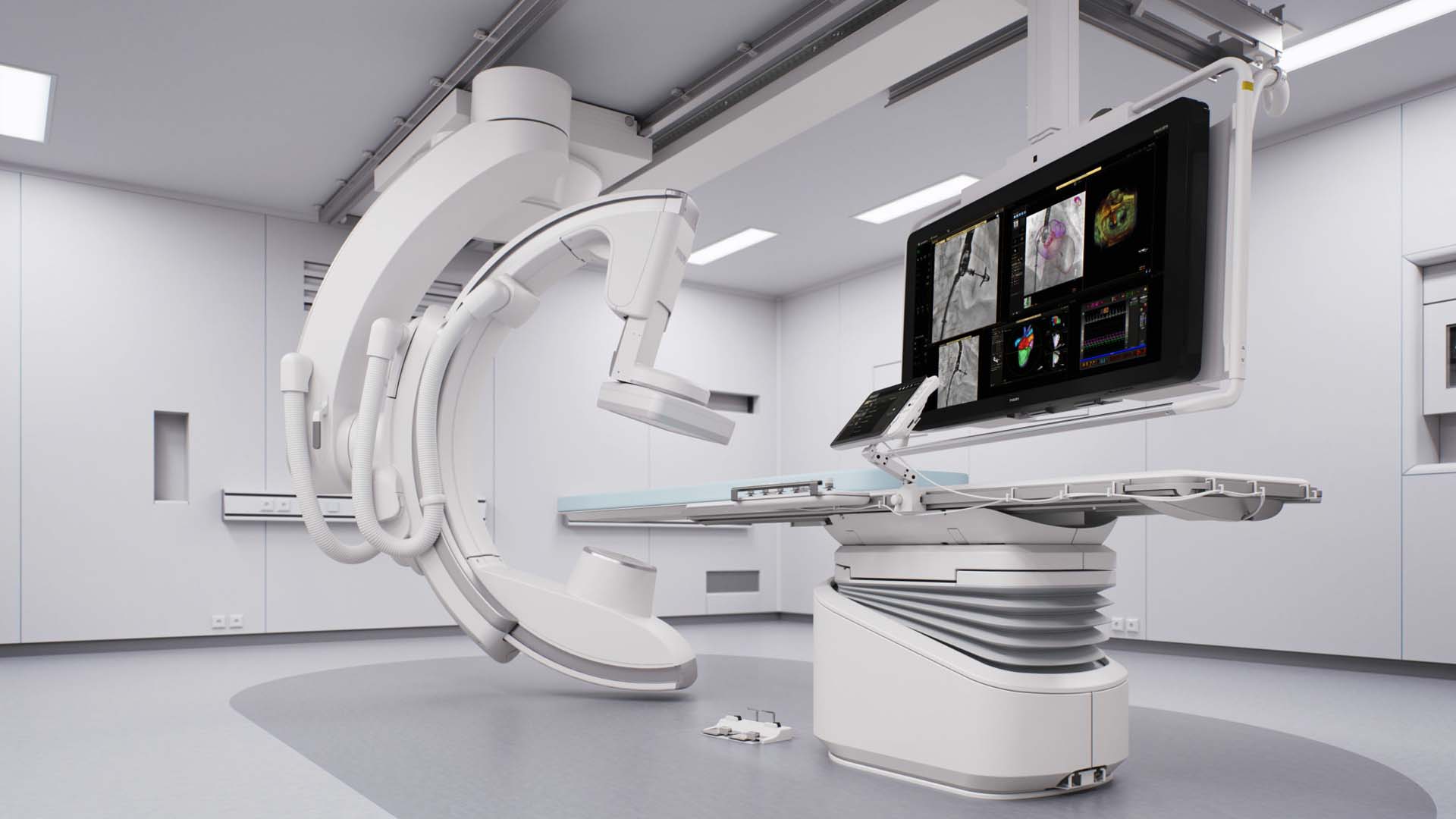Royal Philips (NYSE: PHG, AEX: PHIA), a global leader in health technology, installs the Philips Azurion with FlexArm in the Philippine Heart Center. This revolutionary solution is set to establish a new standard for patient imaging and positioning flexibility for image-guided procedures.
With a rising demand for complex interventions, metric-driven outcomes, and cost-efficiency care delivery, clinicians now face the challenge to find the right tools that enable them to continue providing superior care to patients. In Asia, chronic conditions such as cardiovascular diseases, coupled with an aging population, are driving the need for more minimally invasive procedures. By 2030, Asia is expected to be home to over 60% of the total population aged 65 years or older. Locally, top three causes of death in the country in 2020 were ischaemic heart diseases, neoplasms, and cerebrovascular diseases. Incidentally, these were also the leading causes of death in 2019. This phenomenon resulted in a strong appeal for minimally invasive surgeries for patients, with the aim to improve outcomes at lower risks and cost.
Ushering in the new Azurion with FlexArm, this advanced ceiling-mounted system provides expanded imaging flexibility for diverse procedures and exceptional positioning freedom for medical teams. With Azurion with FlexArm’s small footprint, the system is particularly beneficial for Asian labs as they are generally smaller compared to the West. With Azurion with FlexArm, clinicians can quickly and easily visualize critical details of the anatomy and identify changes to the patient during procedures. Its full set of innovations also enables clinicians to perform 2D and 3D imaging across the whole patient. As the clinician moves the system, the image beam automatically maintains alignment with the patient, allowing consistent visualization without having to move the patient or pivot the table. This can enhance overall patient experience and quality of care, while promoting efficiency.
“Philips’ engineers have overcome extremely challenging geometric and mechanical barriers to create Azurion with FlexArm. The system enables us to dramatically optimize procedures around the patient, where we can now capture optimal views of the patient, without encumbering all the clinicians who are working around the table. The new system is not only easy and intuitive to use, but its intelligent pivoting movement allows it to free up space around the table for clinicians to work in the most ergonomic position. In the heat of complex procedures, we can already see how the genius of this innovation delivers better clinical outcomes and long-term economic value for a more diverse range of procedure,” said Dr. Joel M. Abanilla, executive director, Philippine Heart Center.
Empowered by a unique smart kinematic engine, the system moves on eight different axes, controlled with a single ‘Axsys’ controller. Simulation tests with clinicians have demonstrated the system’s potential to significantly reduce the repositioning of the patient, staff and equipment to improve access for minimally invasive procedures, such as radial access, and to reduce the risk of unintentional pulling of wires and tubes, as well as significant time savings. The system is suited for Hybrid ORs that cater to multiple specialties in one room, such as a combination of surgical and endovascular procedures.
“Azurion is now established as the leading platform for interventional procedures, favored by clinicians for its intuitive, seamless approach, and by hospital administrators for its positive impact on productivity and efficiency,” Lawrence Chia, general manager, Philips Philippines Inc.
“Azurion with FlexArm is the latest innovation in Philips’ unique portfolio of systems, smart devices, software and services in image-guided therapy, combined to provide healthcare providers with sophisticated, procedure-oriented solutions,” he added.







